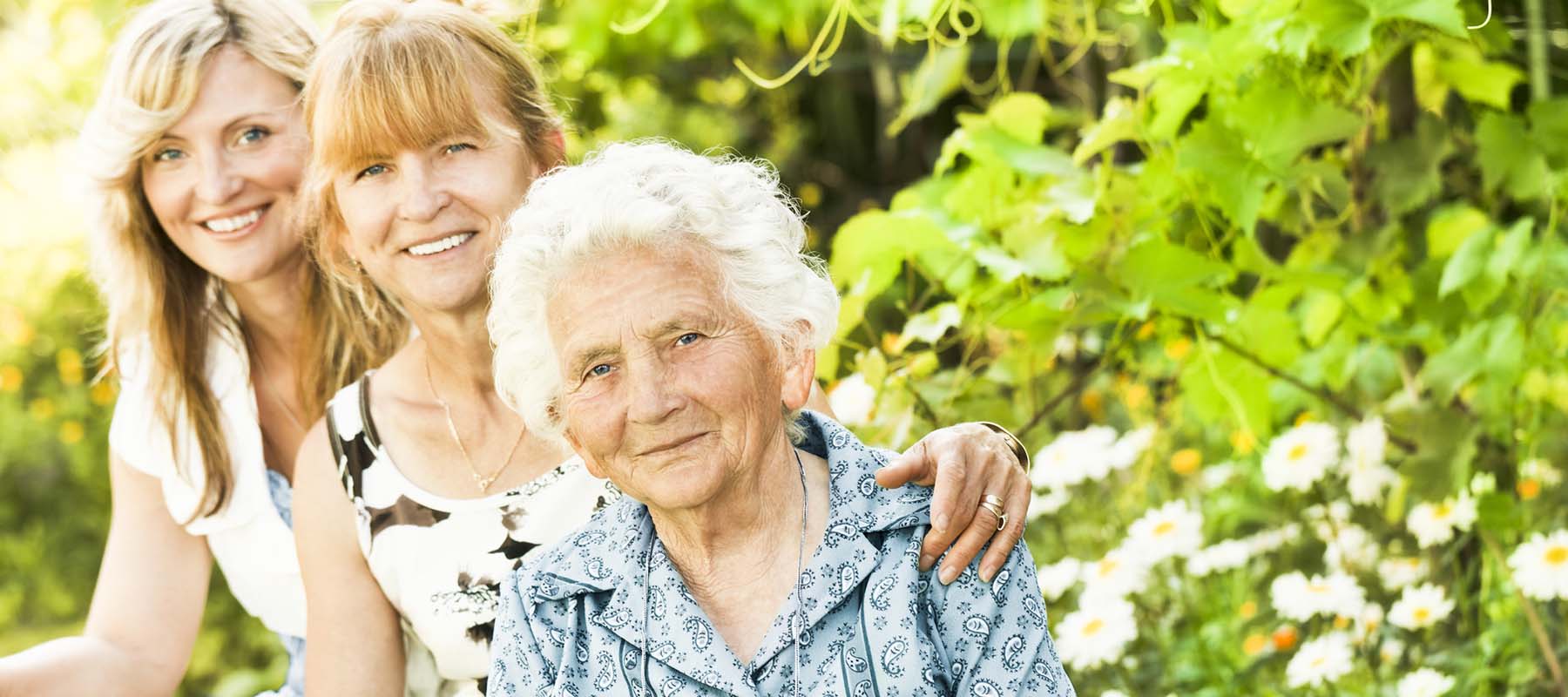
While the effects of dementia can be difficult and frightening for the patient, it can also be very challenging for family members who aren’t sure where to turn for dementia support. Watching a loved one begin to struggle with daily activities such as bathing, dressing, and eating is hard. Family members may also find it difficult to interact in meaningful ways with their loved one as his or her memory and other skills decline.
Hope Hospice is here to help anyone in our community who needs it, even if the patient is not on our hospice service. Our Living With Dementia program educates family caregivers and medical professionals about dementia and its varied symptoms, and how to provide the best care to persons living with the condition.
Most family members who care for a loved one living with dementia find themselves unexpectedly in that role. It is quite common to feel overwhelmed, frustrated, and unsure about how to handle your loved one’s changing needs. Hope’s Living With Dementia program can help.
Hope Hospice designed a series of free educational seminars tailored to family members caring for a loved one with a life-limiting illness or chronic disabling condition. The Family Caregiver Education Series includes several classes on dementia-related topics to help family members understand changes they will likely observe in their loved one and how to adjust care techniques to improve the patient’s quality of life and well-being. Classes are available to the public in our service area at no charge. The content is intended for family care partners, not professional caregivers.
There are two ways to participate in these classes:
Click here to download a printable flyer.
Do you care for a loved one who has been diagnosed with Alzheimer’s Disease or a related dementia? Hope Hospice is here to support you by facilitating a conversation group for those who care for a family member living with dementia.
In addition to meeting others with a shared experience, you will learn more about how dementia affects the brain and body and some ways that you can adjust your care tactics to improve the quality of life for your loved one. Hope’s dementia specialists facilitate support groups by guiding conversation about our shared experiences in caring for a loved one living with dementia, as well as providing dementia related education.
Groups meet twice per month for five months, a total of 10 meetings. At this time, all meetings are held online via Zoom. Hope’s support groups are open to the public in our service area; it’s not required to have a family member on our hospice service. There is no cost to participate, but advance reservations are required. Please email your request or call Gia Barsell at (925) 829-8770 on weekdays, 9 a.m.–5 p.m.
Click here to download a printable flyer.
Hope Hospice offers the Family Caregiver Respite Program to help local low- and middle-income families care for a loved one living with dementia. This program provides award recipients with 16 hours of complimentary in-home care from a participating agency. It’s not required that the patient be on our hospice service.
Click here to learn more.
Oftentimes, the family physician is the person who delivers the unfortunate diagnosis of dementia. Your patient and their loved ones look to you to help them process the news and to know what to do next. But general practice doctors may not have the expertise or resources that families need at this vulnerable time. Hope Hospice is here to help. You may refer your patient to our Living With Dementia program to help them navigate this journey. Our classes and support groups are free to the local public, even if their loved on is not on our hospice service.
Hope also offers in-service training to facility staff who regularly engage with patients living with dementia.